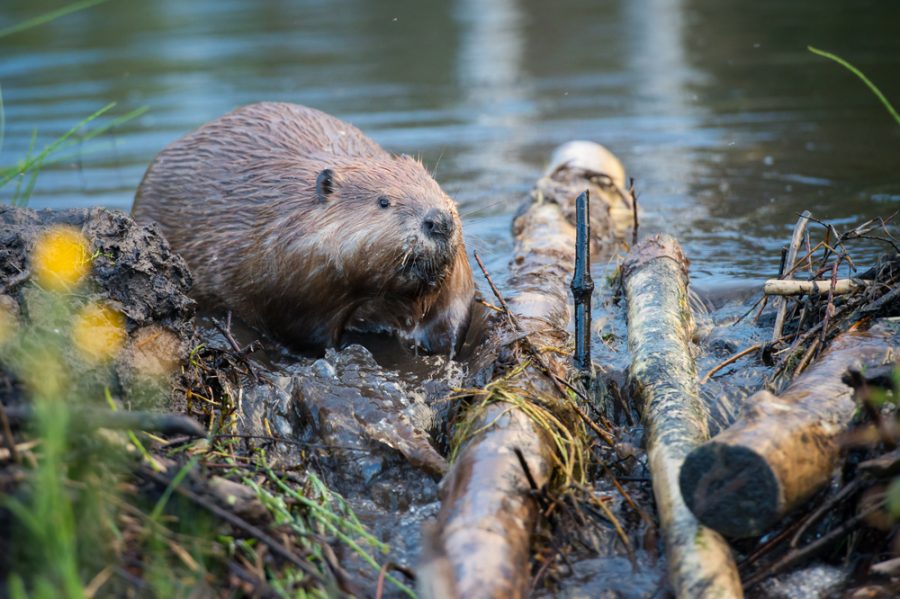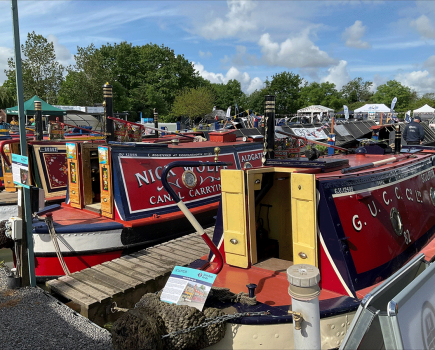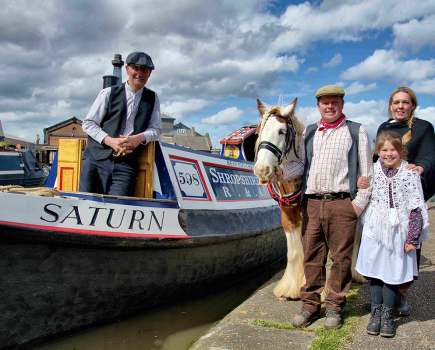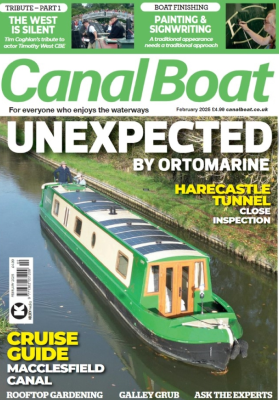Leading nature organisations, including The Wildlife Trusts, have published a landmark State of Nature 2023 report. It shows that nature is continuing to decline at an alarming rate across the UK – already one of the most nature-depleted countries in the world – and that one in six species is now at risk of being lost from Great Britain.
People’s concern about nature loss, climate change, polluted rivers and degraded wild places is a significant voting issue; The Wildlife Trusts are calling on politicians of all parties to commit to ambitious policies to support nature’s recovery. The five priorities are to:
- Bring back the UK’s lost wildlife
The next UK Government must work across departments to put nature into recovery by protecting and restoring at least 30% of land and sea for nature by 2030. Beavers must be allowed back to all major rivers, a nature recovery network should join up wild places, and damaging fishing practices – such as bottom trawling – must be banned. - End river pollution and water scarcity
With the UK among the worst countries in Europe for water quality, the next UK Government must sufficiently fund enforcement agencies to do their job. By 2030, nutrient pollution from farming, sewage and development must be halved, there must be stronger protections for chalk streams, and more wetlands should be created to tackle flood and drought. - Fund wildlife-friendly farming
Nature loss and climate change are the biggest threats to food security in the UK. Farmers must be supported and incentivised to help wildlife recover by creating more space for nature, significantly reducing pollution, and halving harm from pesticides by 2030. The budget for nature-friendly farming should increase to at least £4.4 billion a year. - Enable healthy communities
More than a third of the population – nearly 9.5 million households in England – are unable to access green places near their home. The next UK Government must support the creation of more greenspace in neighbourhoods, fund and integrate green prescribing into community-based health services, and enable all children to have outdoor learning opportunities. - Tackle the climate emergency by protecting and restoring natural habitats
Nature can make a huge contribution to achieving net-zero targets if habitats are restored –because peatlands, woodlands, and other wild places store carbon. Additionally, the next UK Government must integrate climate adaptation strategies across all departments, create a nature recovery network to help wildlife adapt to change, protect blue carbon stores from damage, and invest in energy efficiency.
Craig Bennett, chief executive of The Wildlife Trusts, says: “The State of Nature report is a stark reminder that politicians must not let nature drop down the agenda – there is far too much at stake. We desperately need better policies that fund nature-friendly farming properly, end the poisoning of lakes and rivers, and create larger wild and more natural areas – including in towns and cities.
“This next parliament will be the most important in my lifetime for nature and climate action. The clock is ticking towards the 2030 deadline by which point the UK Government has committed to protect at least 30% of land and sea for nature and to halve the risks posed by pesticides. Nature recovery is fundamental to tackling climate change and improving people’s lives – history will not be kind to politicians who ignore this truth.”








